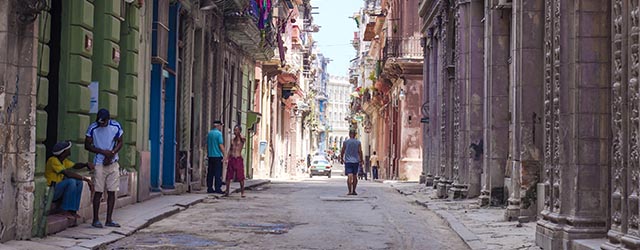Cuba: News that Anglo-Dutch consumer products company Unilever will return to Cuba to build a $35 million plant in the special development zone at the port of Mariel, about 40 kilometers west of Havana, is one of the clearest signs yet that the communist nation is taking a more pragmatic approach to foreign direct investment.

This time Unilever will own 60% of the joint venture with state firm Intersuchel, rather than the 50-50 split of its previous partnership with the Cuban company, which ran from 1994 to 2012.
“When it came time to renegotiate the Unilever-Suchel joint venture, the Cuban government questioned why Unilever had invested little in recent years,” says Richard Feinberg, author of a Brookings Institute analysis of Cuba’s economic climate published in 2012.
“They didn’t care to recognize that Unilever’s appetite for investment had been dulled by government-imposed disincentives, including the impending contract end date” and payment delays that stalled profit repatriation in 2008 and 2009, he adds. Feinberg says Cuba had initially pressed for a controlling 51% and wanted the venture to export at least 20% of its output.
But Unilever balked at giving up what it believed was too much control, according to Feinberg, and worried about brand quality. The conglomerate wasn’t happy with the idea of exporting products that were made in Cuba, he says, since the island’s manufacturing costs are up to a third higher than at Unilever plants in other Latin American countries, notably Brazil and Mexico, where larger volumes allow for more-efficient production runs. “Unilever did not want to, in effect, cross-subsidize exports from Cuba,” he says.
By relenting and allowing Unilever to take a 60% stake in the venture, the Cuban government has acknowledged the importance of having a marquee multinational sustain a long-term operation on its soil.
Thawing relations with the US and a new foreign investment law approved in 2014 have not yet yielded many concrete investments. The US-imposed trade embargo is still in place, and so far only a few companies have put out feelers: An exploratory team from Google has visited, and Alabama-based tractor assembly company Cleber has applied for a US Treasury license with an eye toward building a plant at Mariel, once the embargo is lifted.
Western interest thus far has been mostly confined to trade missions, including the UK, the Netherlands, Italy, Germany and Mexico.



